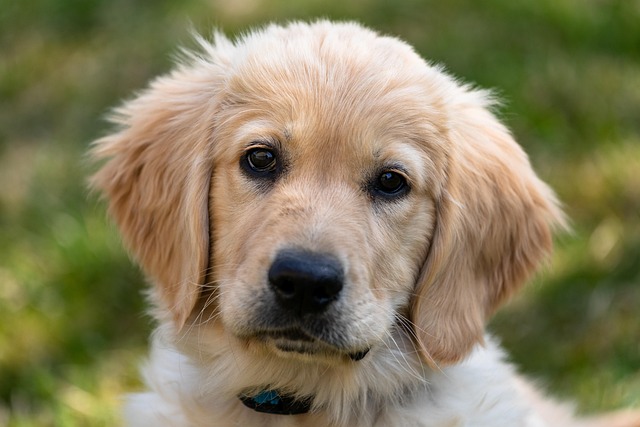
How can I tell if my dog's heatstroke is serious
Let’s be real: It’s a sticky August morning in Los Angeles, and you took your 2-year-old Golden Retriever, Max, for a walk a little later than usual
Ever wondered why your tiny Chihuahua’s nibbles feel like needles or why your Dachshund guards its chew toys so fiercely? The answer lies partly in their dental anatomy. Unlike humans, dogs go through two sets of teeth in their lifetime, and understanding the normal tooth count for small breeds can help you spot potential health issues early.
Small puppies start life with 28 deciduous teeth, also known as baby teeth. These sharp little chompers emerge around three weeks old and are perfect for soft puppy food. But by the time they’re around four to six months old, a fascinating transformation begins. You might find tiny teeth scattered around the house—those are the fallen baby teeth making way for a full set of 42 permanent teeth. This teething period can be uncomfortable for your pup, so having safe chew toys approved by local pet product regulations is essential.
The 42 adult teeth in small dogs serve specific purposes. Incisors at the front grasp small treats and help with grooming, canines (the long, pointed teeth) are designed for tearing meat, and premolars and molars at the back crush and grind food. When you see your Yorkie delicately nibbling a training treat, it’s using all these specialized teeth in harmony.
 However, not all small dogs maintain their full set of 42 teeth into adulthood. Dental issues are prevalent in small breeds, often due to their narrow jaws. Overcrowding can lead to misaligned teeth, trapping food particles and causing plaque buildup. Many pet insurance plans in Western countries cover routine dental cleanings, which is crucial as neglecting oral hygiene violates animal welfare standards in some regions.
However, not all small dogs maintain their full set of 42 teeth into adulthood. Dental issues are prevalent in small breeds, often due to their narrow jaws. Overcrowding can lead to misaligned teeth, trapping food particles and causing plaque buildup. Many pet insurance plans in Western countries cover routine dental cleanings, which is crucial as neglecting oral hygiene violates animal welfare standards in some regions.
Brushing your small dog’s teeth daily might seem like a chore, but it’s vital for their long-term health. Use toothpaste formulated specifically for pets—human toothpaste can be toxic to dogs. If your pup resists, start slowly and turn it into a positive experience with treats. Some local animal shelters even offer dental care workshops to help owners master the technique.
Chewing also plays a key role in dental health. Look for chew toys labeled “dental-friendly” that meet safety standards. Hard bones or antlers might seem appealing, but they can crack teeth. Remember, in many parks, you’re required to clean up after your dog, and this includes picking up any chewed toy fragments to keep public spaces safe.
By keeping tabs on your small dog’s teeth—counting them during regular checkups and watching for signs of discoloration or excessive drooling—you’re ensuring their smile stays bright and healthy. After all, those toothy grins and playful nips are some of the best parts of sharing life with a furry companion.

Let’s be real: It’s a sticky August morning in Los Angeles, and you took your 2-year-old Golden Retriever, Max, for a walk a little later than usual

You're enjoying a summer afternoon at the park when you notice your dog has stopped panting and appears disoriented - their gums are bright red

Let’s paint the picture: You’re in your Denver apartment, watching your 4-year-old Boston Terrier, Ruby, plop down mid-play session with her favorite toy

Many dog owners notice their pets nails seem shorter after regular walks,but how much does this daily activity actually help?The answer depends on where you walk—concrete sidewalks or asphalt streets gently file nails as a dog's paws hit the ground

Most dog owners notice their pup scooting across the carpet at some point, but few connect it to impacted anal glands. These small sacs near a dog’s rectum secrete a scent for marking territory

Most vets agree that regular dog teeth cleaning is key to avoiding painful dental issues later. For healthy adult dogs, a professional cleaning at the vet’s office every 12 to 18 months usually works well.